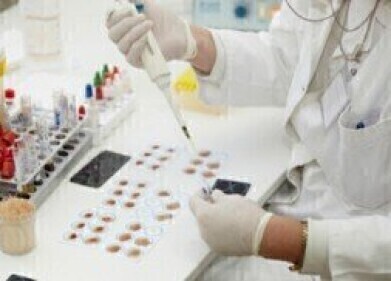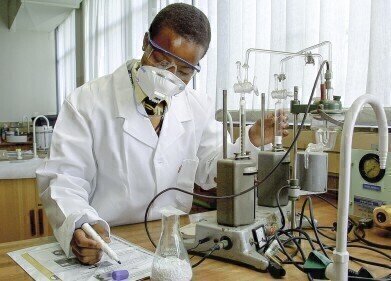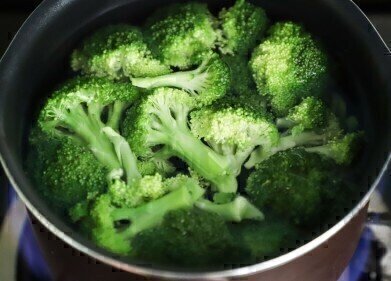Help Desk
Are Yeasts the Key to Biofuel? - Chromatography Explores
Dec 16 2018
Anthropogenic driven climate change is one of the most pressing and potentially dangerous events concerning our planet this century. The effect of excessive amounts of carbon dioxide, methane and other gases being released into the atmosphere and acting like a blanket - trapping heat in the atmosphere - is recognised by most climate scientists as the driver behind anthropogenic climate change.
The burning of fossil fuels - to power our cars, generate electricity and allow us to live the way we currently live is one of the most significant causes of generating excessive carbon dioxide. We need urgently to reduce the generation of the emissions that cause warming of the planet. Efficiency drives will only take us so far, people and businesses are reluctant to change. So alternative and renewable sources for our fuels could be the key.
Biofuels could help reduce warming
One alternative fuel source that is attracting researchers is bioethanol. Bioethanol is fuel that is produced using the fermentation of microbes to produce ethanol. Bioethanol can be produced from renewable resources like crops. With cars and lorries accounting for a significant proportion of emissions, using bioethanol as a fuel source reduces some of the emissions. As the fuel crops grow, they absorb some of the carbon dioxide emitted by vehicles and other sources.
Yeast points the way?
The most commonly used microorganism for bioethanol production is yeast. From a thermodynamic point-of-view, using high temperatures to produce bioethanol is advantageous as this can reduce contamination, increase productivity and reduces costs for cooling. A recent paper published in the journal Agriculture and Natural Resources has looked at using new yeast strains to further increase the high temperature fermentation advantages. As the authors discuss:
‘Opportunities to overcome the current limitations and challenges for industrial fermentation are resulting in increased explorations of new thermotolerant, ethanol-producing yeasts that are capable of growth and ethanol production at high temperatures.’
The team identified thirty strains of thermotolerant yeasts from soils in sugarcane fields in Thailand. They analysed the abilities of the yeasts to produce ethanol in high temperature fermentations using chromatography. The development of chromatography methods is discussed in the article, Using Different HPLC Column Chemistries To Maximise Selectivity For Method Development.
The team found that Pichia kudriavzevii NUNS strains of yeast were tolerant to both high temperatures and ethanol concentration. They state:
‘The current results have presented important information with regard to these candidate yeasts for utilization as ethanol producers, which would help to improve the productive efficiency of the biotechnological industry in the near future.’
Events
Jan 20 2025 Amsterdam, Netherlands
Feb 03 2025 Dubai, UAE
Feb 05 2025 Guangzhou, China
Mar 01 2025 Boston, MA, USA
Mar 04 2025 Berlin, Germany














